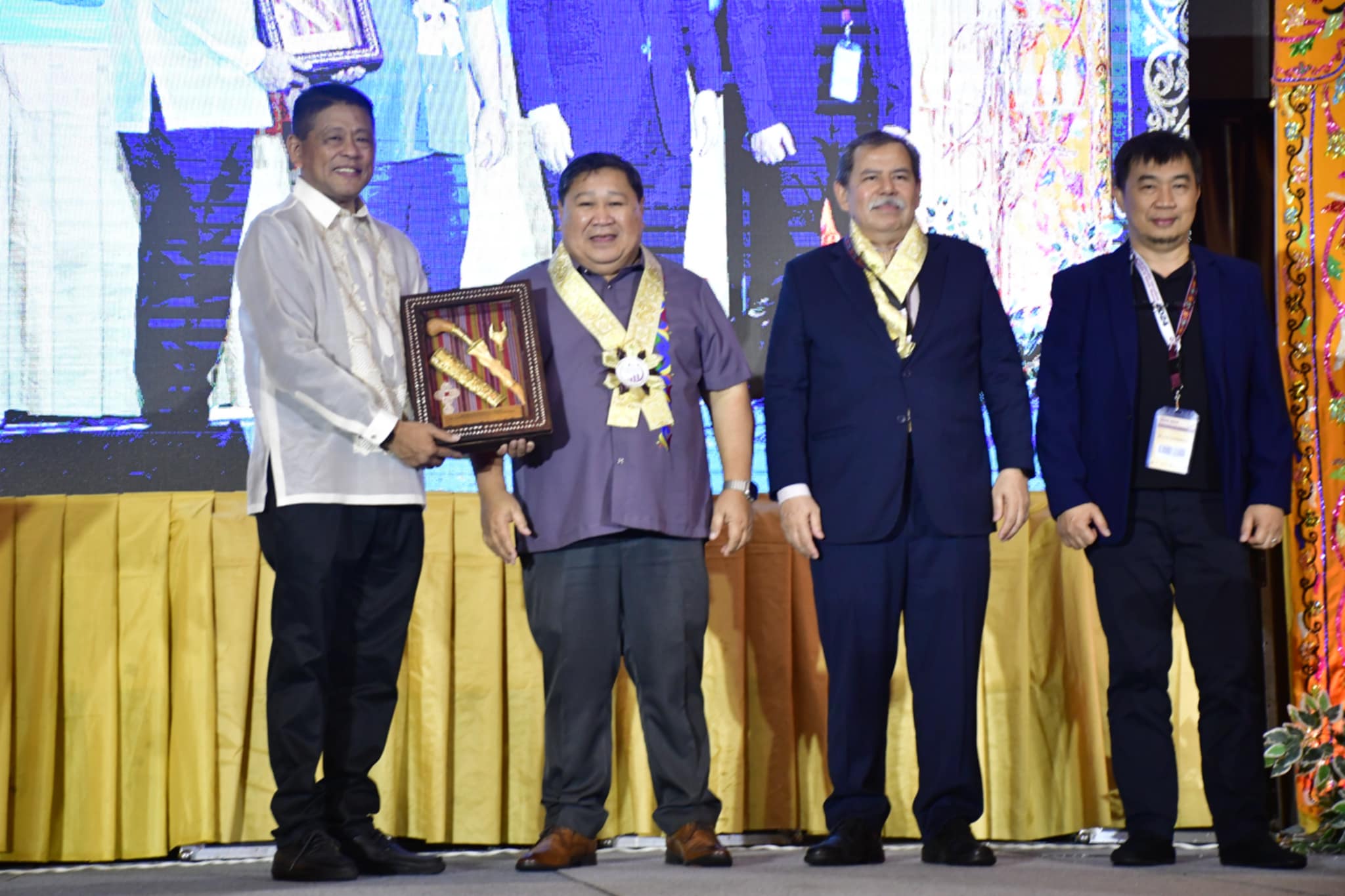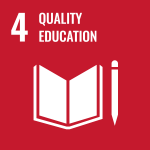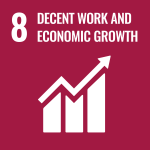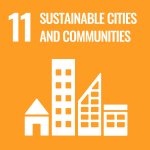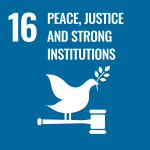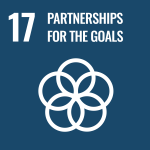The 2024 12th ASEAN Universities International Conference on Islamic Finance (AICIF) commenced on November 8, 2024, at the Limketkai Luxe Hotel in Cagayan de Oro, Philippines. Bringing together experts and scholars from across Asia, the two-day event focused on the theme “Islamic Finance for Sustainable Peace and Development: Challenges and Opportunities.” The conference aimed to explore the potential of Islamic finance in fostering sustainable development and promoting peace within the region. This year’s AICIF was organized by ICIFE, with Mindanao State University (MSU) serving as the lead host.
The event was officially inaugurated with the traditional sounding of the gong, led by MSU System President Atty. Basari D. Mapupuno and ICIFE President Prof. Emeritus Dato’ Dr. Mohd Azmi Omar. The audience was then treated to a dynamic cultural performance by the Sining Pananadem, who showcased the traditional Meranaw dances of Singkil, Kapagapir, and Kapamalong, highlighting the vibrant culture of the Meranaw people.
Atty. Mapupuno’s opening remarks emphasized that the conference’s focus was not just on exploring the practical applications of Islamic finance in addressing contemporary challenges but also on deepening the bonds and advancing the partnership among members of the ASEAN community.
Atty. Roy Hilario P. Raagas, Cagayan de Oro City Administrator, represented Hon. Rolando A. Uy, the city’s Mayor. In his message, he emphasized the city’s commitment to promoting inclusive economic growth, social equity, and sustainable development, highlighting the role of Islamic finance in achieving these goals.
The day’s agenda included two insightful plenary sessions. The first, titled “Islamic Finance: Stability, Resilience and Regulatory Issues,” delved into the critical role of Islamic finance in navigating economic uncertainties and fostering financial stability. The presenters included Farrell Hazsan E. Usman, Chief Financial Management Specialist of MFBM-BARMM, Prof. Dr. Romzie Rosman, Professor at Islamic University Malaysia, Atty. Arifa A. Ala, Assistant Governor of Bangko Sentral ng Pilipinas, and Prof. Mohammad Nur Rianto Al Arif, a full professor at the Universitas Islam Negeri. The session was moderated by Atty. Hanimai I. Macumbal-Yusoph, MSU-OP’s Presidential Executive Assistant.
The second session, “Islamic Finance, Fintech, and Cryptocurrencies,” explored the evolving landscape of Islamic finance in the digital age, examining the potential and challenges of integrating fintech and cryptocurrencies within the framework of Islamic principles. Dr. Rizal Mohd Nor, Assistant Professor at the International Islamic University, discussed the rapid growth of FinTech and Cryptocurrencies. Dr. Muhammad Ghafur Wibowo, Assistant Professor at the IUM, presented Prof. Dr. Misnen Ardiansyah’s paper entitled, “Facing the Era of FinTech and Cryptocurrency: Transformation and Challenges for Islamic Finance in Indonesia.” Bangko Sentral ng Pilipinas Deputy Director Jovelyn M. Hao provided insights into the BSP’s approach to regulating FinTech and Cryptocurrencies. Paul Infante Moñozca, the chairperson of Moñosca Family Office, concluded the session with a thought-provoking presentation on “Beyond AGI or Artificial General Intelligence.” The moderator in the session was Nasser Sharief.
The afternoon sessions featured a series of parallel sessions, offering participants a platform to delve deeper into specific topics related to Islamic finance. These sessions covered a range of subjects, including microfinance, social impact investing, halal management practices and certifications, integration of Islamic finance in development, and sustainable development, providing a comprehensive exploration of the diverse applications of Islamic finance.
The conference also included a keynote address by Atty. Jehan-Jehan A. Lepail, Deputy Director of the National Commission on Muslim Filipinos (NCMF), who urged the participants to educate communities about the benefits and principles of Islamic Finance.
The first day concluded with a lively exchange of ideas and a shared commitment to exploring the potential of Islamic finance in fostering a more sustainable and peaceful future for the ASEAN region. The conference was expected to continue with further discussions, presentations, and networking opportunities. The conference will conclude with a cultural gala night.
This conference is a testament to the growing interest and importance of Islamic finance in fostering sustainable development and promoting peace. The event provided a platform for experts, scholars, and practitioners to share knowledge, explore new ideas, and collaborate on solutions to address the challenges and opportunities presented by Islamic finance. The conference is a valuable step towards advancing the understanding and application of Islamic finance principles in the ASEAN region and beyond.

